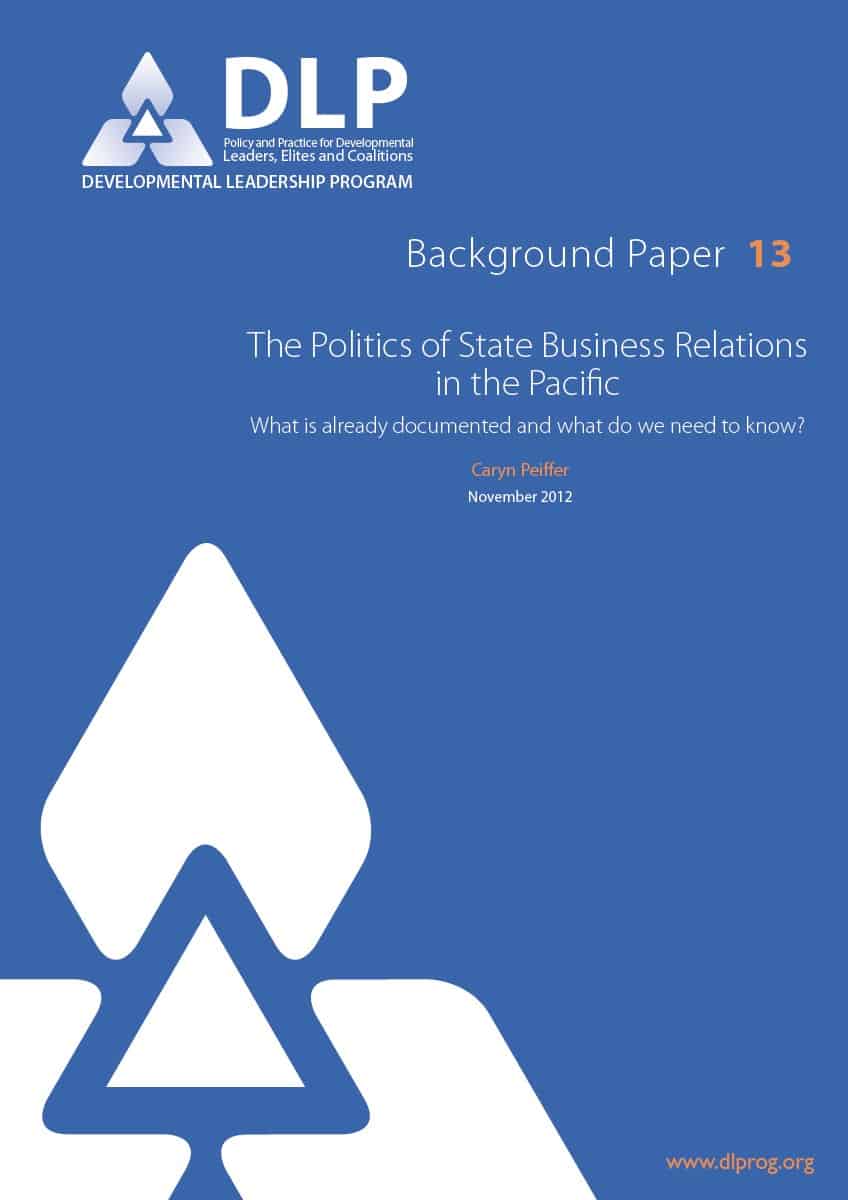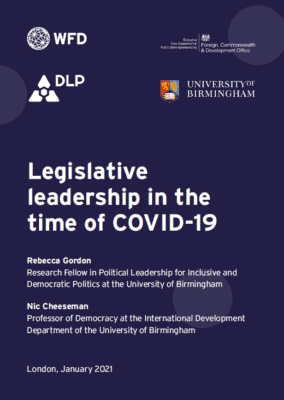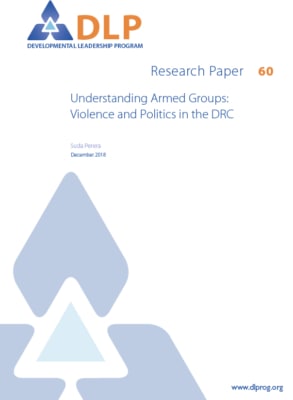It is now widely agreed that good state-business relations (SBRs) are an important factor in promoting economic growth. Formal or informal institutional arrangements that both embody and encourage good information flows between states and businesses, as well as transparency, reciprocity, credibility and trust are often said to be the critical elements of effective SBRs. Where they exist, the dangers of collusion, predatory state behaviour or capture of the state by powerful interests are considerably diminished.
SBRs are political relationships and the role of leadership in establishing and sustaining such relationships is crucial. There is now a strong comparative and case-study literature on the politics of state-business relations on a global basis, but there has been little focus on this topic in the Pacific. This new background paper by Caryn Peiffer provides a good literature review of the little that is known about Pacific SBRs and it outlines some key questions for further research.
The paper will be of particular interest to those aid agencies and other organizations with strong interests in the Pacific and which are committed to helping promote sustainable and equitable growth in the small island economies of the region.










